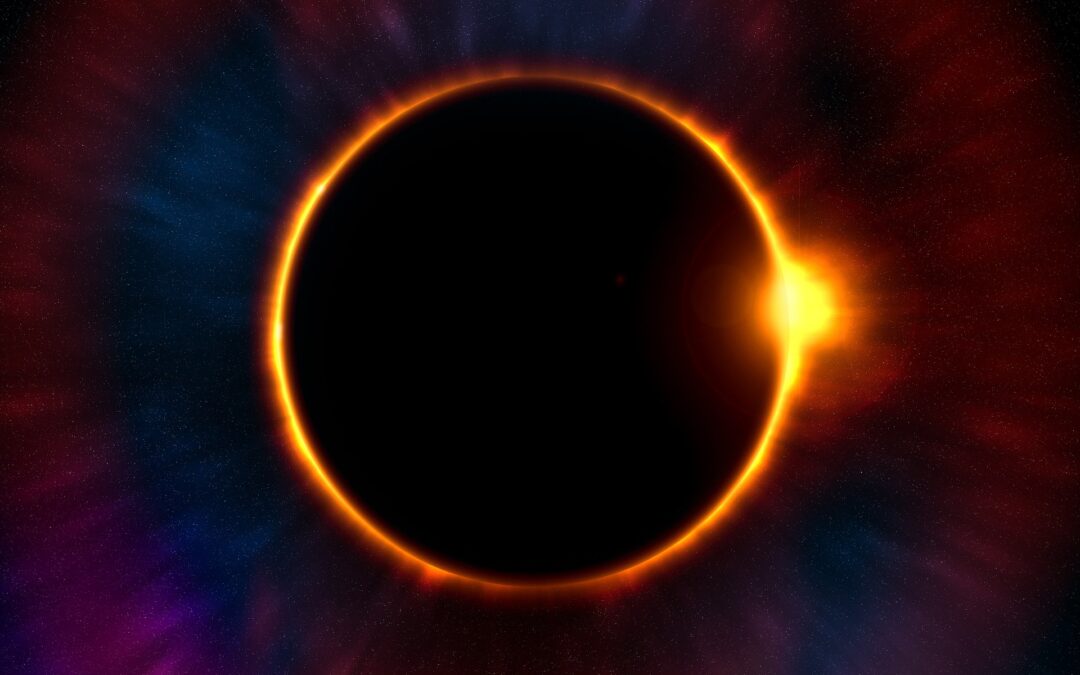
by Joseph Bishay | Mar 26, 2024 | Uncategorized
Prepared for STAO by Past President Dr. Ralph Chou For several months, members of the Science Teachers’ Association of Ontario (STAO) have been planning to include lessons on the space and environmental science aspects of the solar eclipse of April 8, 2024, for...
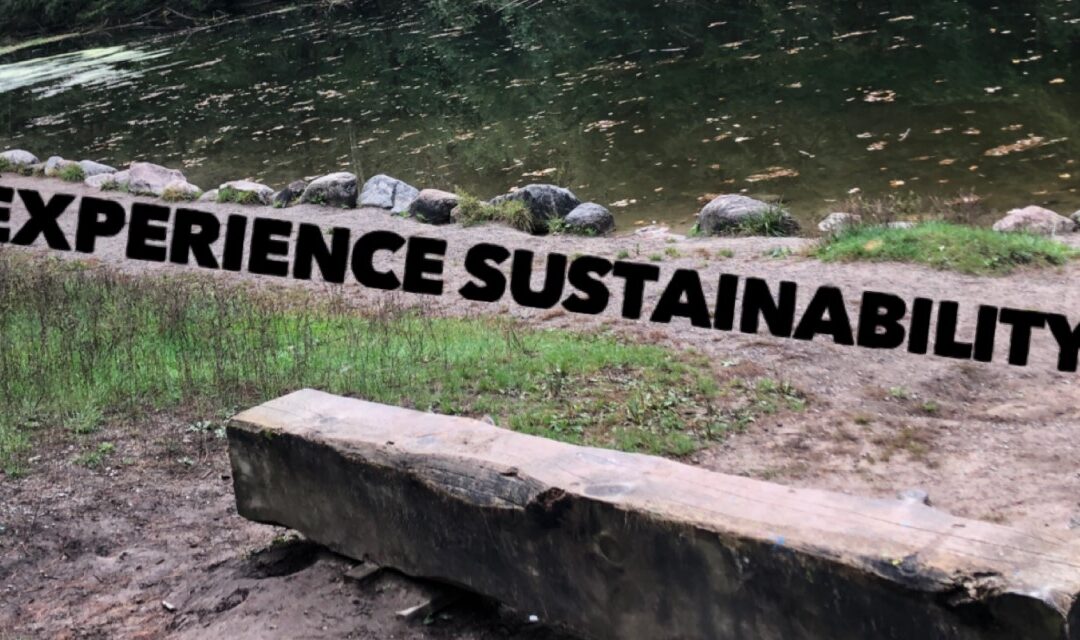
by Michael Frankfort | Jul 10, 2022 | All Science Teachers, Biology, Blog, Critical Thinking, Elementary, Environment, Gr 4-6 Science & Tech, Gr 7-8 Science & Tech, Gr 9-10 Science, Gr. 11-12 Biology, Grade 10, Grade 11, Grade 12, Grade 4, Grade 5, Grade 6, Grade 7, Grade 8, Grade 9, Inquiry, Scientific Investigation Skills and Career Exploration, Scientific Literacy, Secondary, Teaching Strategies
Submitted & Written by Michael Frankfort @mfrank_76 Elementary Teacher, York Region District School Board, STAO Blog Contributor, Sci-Fi Geek This past spring, I had the opportunity to present a webinar for the Ontario Teachers’ Federation called...
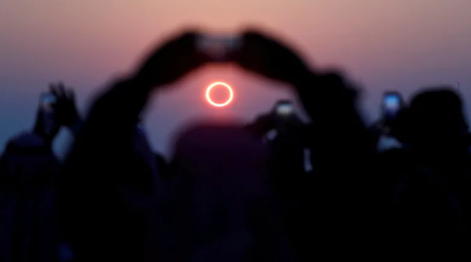
by Milan Sanader | Jun 9, 2021 | All Science Teachers
ust two weeks after the total lunar eclipse, there’s another celestial event on the horizon — but this time involving the sun. On Thursday, parts of the Northern Hemisphere — including Canada — will experience an annular solar eclipse, an event where most of the...
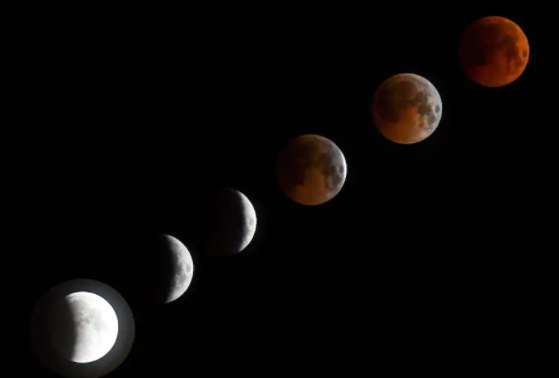
by Milan Sanader | May 26, 2021 | All Science Teachers, Gr 4-6 Science & Tech, Gr 9-10 Science
What’s a total lunar eclipse? A total lunar eclipse can last from minutes to hours. It occurs when the Earth passes in between the sun and the moon, blocking out the sun’s light. Unlike during a solar eclipse — when the moon casts a shadow on the Earth as it moves...
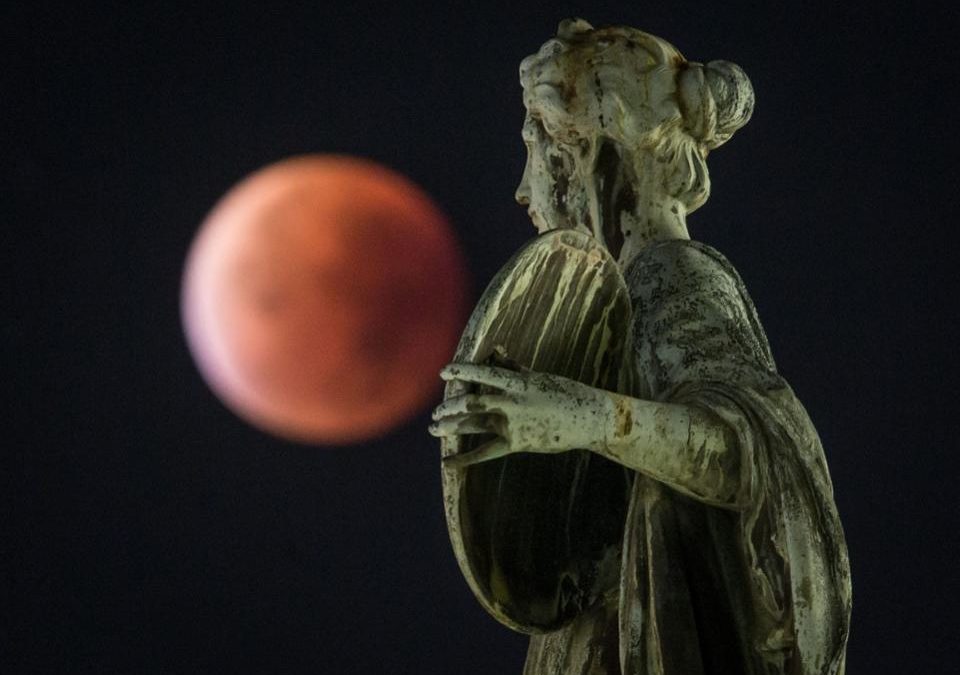
by msander | Jul 25, 2018 | Gr 4-6 Science & Tech, Gr 9-10 Science, Gr. 11-12 Physics
Take a moment this Friday, July 27th and look up at the sky toward the longest lunar eclipse of this century, a magical deep red blood moon. Unfortunately, the eclipse is not visible in North America. Source: Don’t Miss This Week’s Deep Red Blood Moon...







Recent Comments